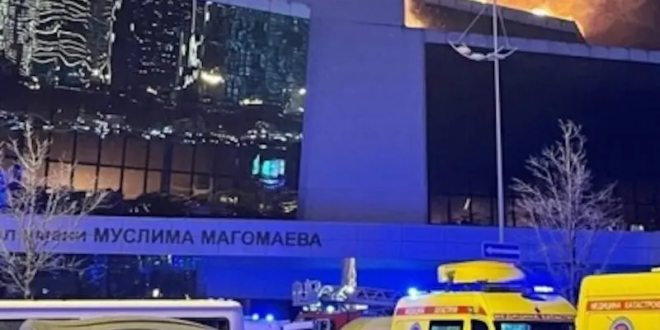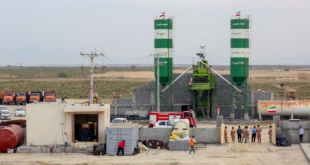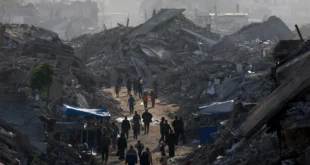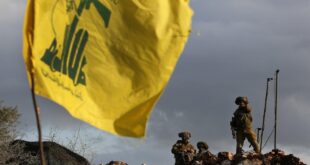The sudden resurgence of Al-Qaeda has thrust its name back into the global spotlight, this time as a prime suspect. Turkey has pointed fingers, linking the terrorist organization to two attacks resulting in 12 fatalities, while a statement has emerged claiming the group’s involvement in a recent terrorist strike in Moscow, which left more than 100 dead. Other reports indicate the group’s alleged involvement in attacks across Somalia, Yemen and Iraq.
Al-Qaeda was once a well-established organization with a recognized presence, headquartered in Kabul and led by Osama bin Laden. Bin Laden engaged with journalists and activists, releasing video statements. But today, Al-Qaeda has been reduced to nothing more than a name.
Why would Al-Qaeda target Moscow? Especially with the decline in hostilities in Syria, leaving no convincing explanation for its actions.
The primary enemies for Russians are the Ukrainians and their allies, who have conducted operations targeting Moscow. It is crucial to recognize that the war in Ukraine is significantly larger in scale than the Gaza conflict, both in terms of military operations and the involved armies. Moreover, the Ukraine situation has dangerous strategic implications, while the Gaza conflict is primarily regional in nature.
Despite the reluctance of most regional nations to engage in the Ukrainian conflict, Iran stood out by actively supplying Russia with drones, marking the first instance of its status as a dangerous source of weaponry. Therefore, it seems implausible that any organization under Tehran’s control or influence would launch an attack against Russia.
Most countries in the region have chosen to remain nonaligned in the Ukrainian conflict. Despite mounting pressure from the US, their relations with Russia remain positive. However, navigating these ties proves challenging, given Moscow’s support for Tehran and Tehran’s military involvement in the region’s numerous proxy conflicts.
The indictment against Al-Qaeda, though not entirely unfounded, has lost much of its persuasive force, prompting a deeper dive into the reality of the group and its affiliated armed factions. Whether breakaway factions from the original Al-Qaeda or independently inspired groups, the spotlight is back on.
Since the US-led crackdown on Al-Qaeda’s leaders, the Iraq war marked a significant turning point, offering a broader marketplace for terrorism. Iraqi Baathists, embittered by the fall of Saddam Hussein’s regime, have played a notable role in this new chapter. Additionally, Arab jihadists with ties to Syria have joined the fray, expanding the theater of conflict beyond Iraqi borders. As the conflict in Iraq waned, these elements spilled over into neighboring Syria, fueling anti-Russian insurgencies. This phenomenon drew in counter-establishment organizations from Central Asia.
Since the demise or capture of its key leaders, Al-Qaeda has lost its prominence, overshadowed by groups such as Jabhat Al-Nusra, Daesh, Hayat Tahrir Al-Sham, Al-Shabab in Somalia and others. These organizations have spread across the region like wildfire.
Saif Al-Adel stands as one of the last surviving leaders of Al-Qaeda from the Afghan jihad era. He currently lives in Iran, where he sought sanctuary alongside other key figures of the organization in the aftermath of the American invasion of Afghanistan. With only a solitary photograph dating back four decades, Al-Adel remains an enigmatic figure.
According to revelations from US interrogations, he vehemently opposed Bin Laden’s proposal to execute the Sept. 11 attacks, foreseeing the catastrophic consequences they would bring upon the organization. Leading the Iranian branch of Al-Qaeda, Al-Adel’s activities remain shrouded in mystery. Given mutual interests, it is improbable that this faction would engage in conflict against the Russians.
 Eurasia Press & News
Eurasia Press & News




